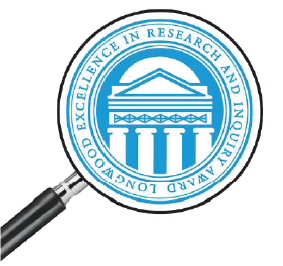Document Type
Presentation
Publication Date
Spring 2024
Abstract
Climate change induced water scarcity has led to an increasing interest in non-traditional water sources such as rainwater. However, there are lingering health and safety concerns due to the lack of research into the microbial communities contained within collection systems. To address this gap, water samples were collected from rain barrels around northern Virginia for microbial analysis. Each microbe within the sample has a unique genome subject to DNA testing. Environmental DNA was prepared from the collected water samples. To characterize the microbial community, both targeted sequencing and whole genome sequencing approaches were used. Using targeted sequencing of the 16s rRNA gene, bacterial diversity of the samples was determined. In the whole genome sequencing approach, novel metabolites, antibiotic factors, and other pathogenic toxins can be identified. DNA samples for both the 16s rRNA gene and the whole genome were sequenced using cutting edge Nanopore technology. This research will discover the extent of bacterial diversity accumulated in rainwater found in the area of northern Virginia and provide a screen for risk factors affecting human health.
Recommended Citation
Riddle, Jade and Parsons, Julia, "Rainwater Harvesting Systems Metagenomics" (2024). Spring Showcase for Research and Creative Inquiry. 212.
https://digitalcommons.longwood.edu/rci_spring/212


